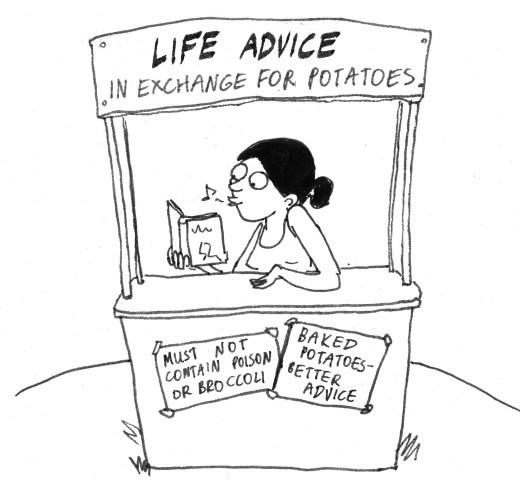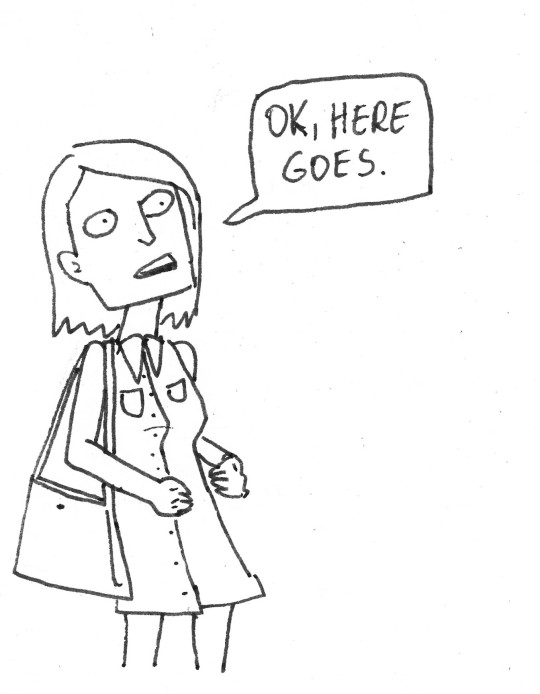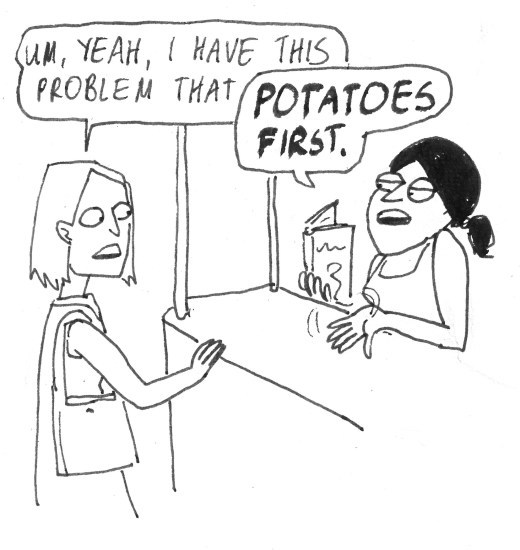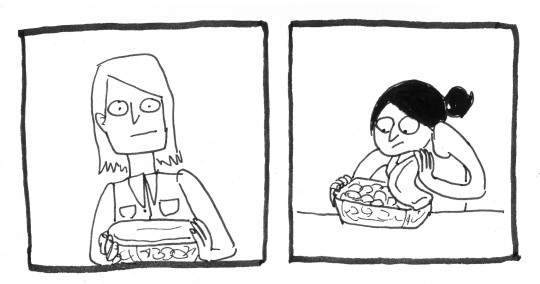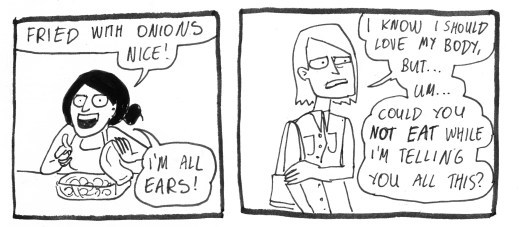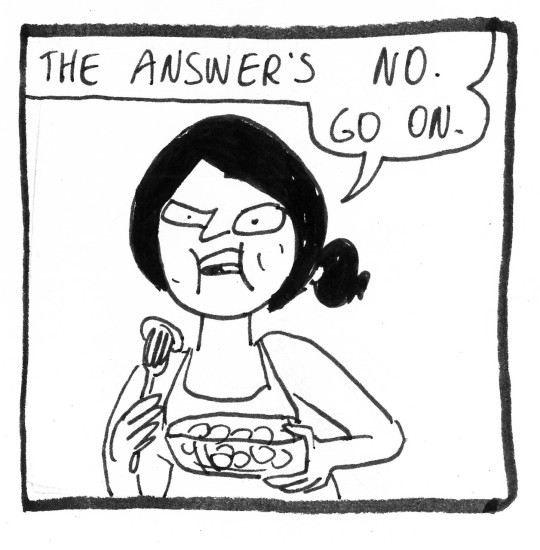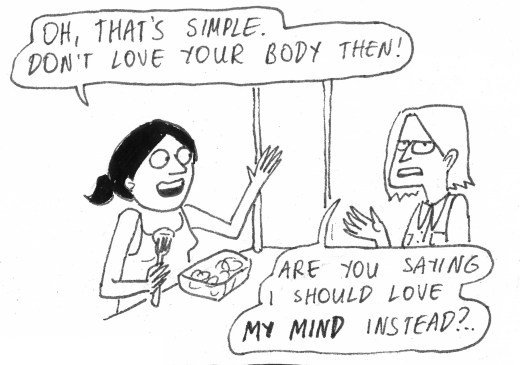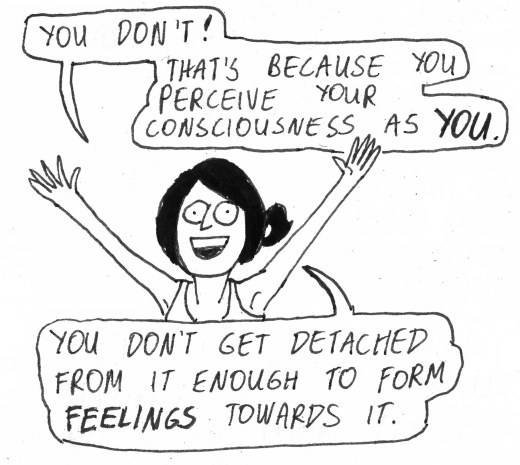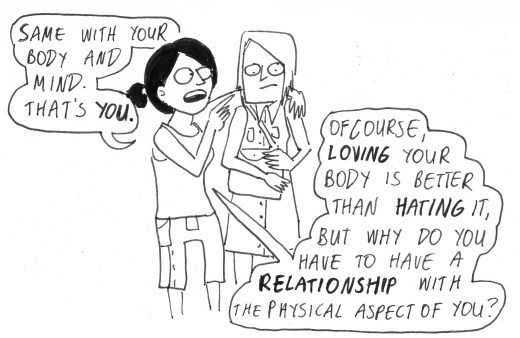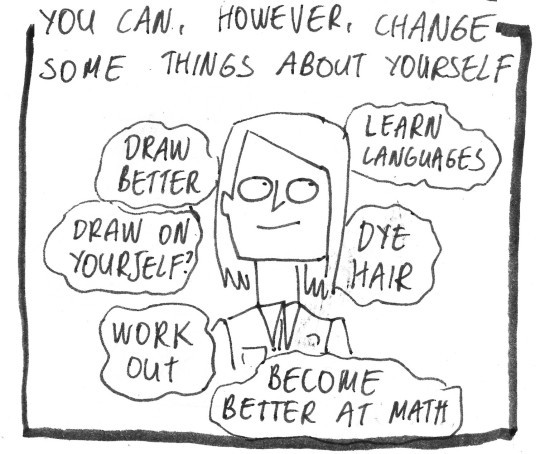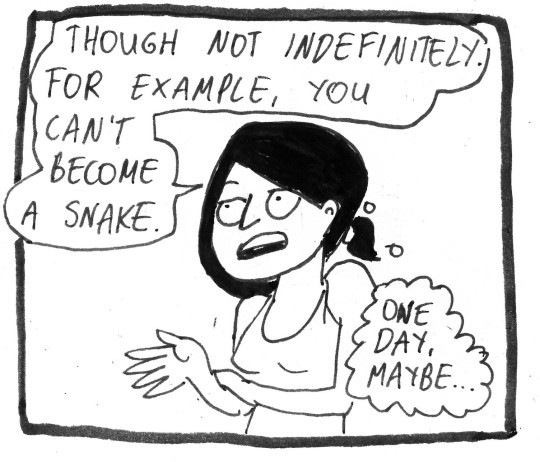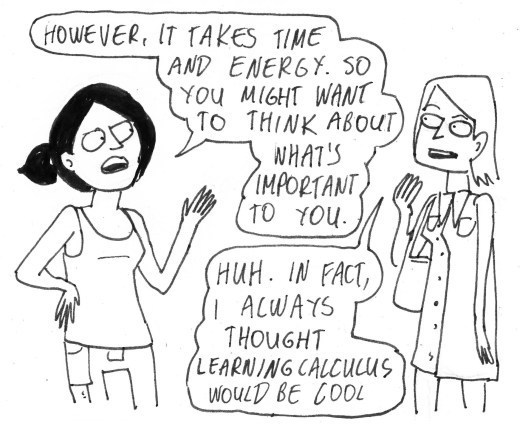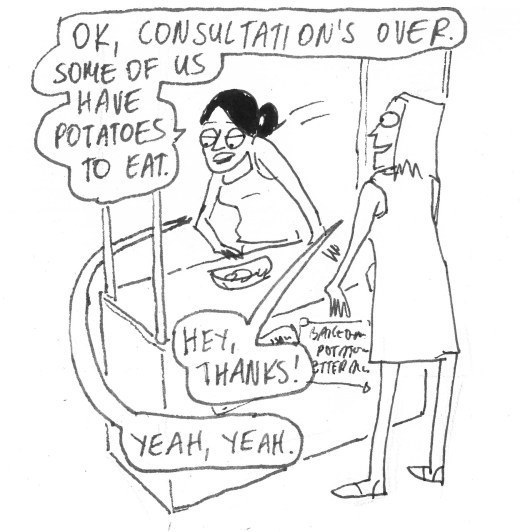I'm Josh. I'm 27. Originally from Wales, now living in London, England. I make cocktails and stuff.
Don't wanna be here? Send us removal request.
Text
I just discovered there’s a clause in my contract that literally says I’m not allowed to work
53K notes
·
View notes
Link
The name “Parkland” has become a shorthand for the tragedy that many hoped would mark the beginning of the end of school massacres.
But ask the survivors of the shooting at Marjory Stoneman Douglas High School in more quiet moments about the awful year since last Feb. 14, and they tell you a different, more personal story. About innocence lost. Dreams undone. Grief delayed.
There’s the boy who took five bullets to protect his classmates. A hero, the headlines proclaimed. He wanted to be a professional soccer player. “Now I don’t do anything,” he said.
There’s the young woman who tells people about her best friend, because if she calls him her boyfriend, it doesn’t seem sufficient to convey what they were. Soul mate: That’s what he’d told her she was to him. Told her before he died.
And there are the famous faces, the students everyone thinks they know, who on a recent morning stood at a nearby elementary school where a local charity quietly unveiled a mural, the last of 17 community service projects created to honor each of the victims. David Hogg, the one who went on CNN and dared adults to act like one, lay on a basketball court and painted in a hibiscus flower. Emma González, the one who “called B.S.” on politicians who weren’t serious about gun control, crouched barefoot before the wall, cut out a paper stencil and sang along to the Beatles’ song, “Here Comes The Sun.”
To think of them, and of this upscale suburban high school, as mere symbols of tragedy ignores the complicated tapestry of sadness, fear and defiance that is now forever part of it — and will be long after the last of these students graduate.
242 notes
·
View notes
Text
PLS HELP MY MOM AND I GET COVERED FROM THE RAIN/ COLD AND GET SOME SLEEP (Reblog Please)
hi, my mom and I are currently homeless (due to my mom getting let go from her job back in October) and were living in our car but it is currently towed away so we have been living on the street. We sleep on average about 1-2 hours a night, which is dangerous with both of us working in intense environments. Right now there are a bunch of storms coming in to the area where we live and at night it’s been dipping down to 33 degrees so we have been absolutely miserable when it’s time to sleep. All we’re asking for is helping us get a room located my moms work (since I don’t work til the weekend). The total for the cheapest room we could find is:

PLEASE HELP US GET OUT OF THE COLD AND RAIN FOR A NIGHT AND BE ABLE TO CATCH UP ON SLEEP!!! MY PAYPAL IS [email protected]. EVEN A DOLLAR WOULD MAKE A DIFFERENCE. THANK YOU🙏🏻🙏🏻🙏🏻🙏🏻
856 notes
·
View notes
Text
2 out of 5 ....
No gay has all 5:
- A job
- Good relationship with father
- Neurotypical brain
- Ability to top
- Driver’s license
373K notes
·
View notes
Photo


I swear poor people give more cause they know what it is to struggle
1K notes
·
View notes
Text

This is one of the thai restaurants in my hometown and i can tell you first hand this lady is wonderful
341K notes
·
View notes
Photo

Meet the Mona Lisa of the Prado, the earliest known copy of Da Vinci’s best portrait. Similarity in the undersketch of the painting indicates that this was very likely painted concurrently with the original Mona Lisa, by a student of Da Vinci.
There is much controversy in the art world over the question of whether or not to clean the fragile Mona Lisa, but her sister has been restored and some fairly odd later alterations removed to show the original vibrant colors and lighting. Some details, such as the sheerness of her shawl and the pattern on the neckline of her dress, have become utterly obscured in the original, but in the restored copy they’re perfectly clear.
It blows my mind a little bit to look at these two sisters side-by-side and imagine how much vivid detail could be hiding in the Mona Lisa under 500 years of rotten varnish.
871K notes
·
View notes
Text
good news everyone. crows no longer need instructions to build tools and have started building them from memory, as well as passing the knowledge onto future generations of crows. oops!
163K notes
·
View notes
Text
imagine: you and edward scissorhands are on a date. you’re sitting in his car. you lean in for a kiss. he runs his hand through your hair. you’re bald now
7K notes
·
View notes
Text
A doctor discovers an important question patients should be asked
This patient isn’t usually mine, but today I’m covering for my partner in our family-practice office, so he has been slipped into my schedule.
Reading his chart, I have an ominous feeling that this visit won’t be simple.
A tall, lanky man with an air of quiet dignity, he is 88. His legs are swollen, and merely talking makes him short of breath.
He suffers from both congestive heart failure and renal failure. It’s a medical Catch-22: When one condition is treated and gets better, the other condition gets worse. His past year has been an endless cycle of medication adjustments carried out by dueling specialists and punctuated by emergency-room visits and hospitalizations.
Hemodialysis would break the medical stalemate, but my patient flatly refuses it. Given his frail health, and the discomfort and inconvenience involved, I can’t blame him.
Now his cardiologist has referred him back to us, his primary-care providers. Why send him here and not to the ER? I wonder fleetingly.
With us is his daughter, who has driven from Philadelphia, an hour away. She seems dutiful but wary, awaiting the clinical wisdom of yet another doctor.
After 30 years of practice, I know that I can’t possibly solve this man’s medical conundrum.
A cardiologist and a nephrologist haven’t been able to help him, I reflect,so how can I? I’m a family doctor, not a magician. I can send him back to the ER, and they’ll admit him to the hospital. But that will just continue the cycle… .
Still, my first instinct is to do something to improve the functioning of his heart and kidneys. I start mulling over the possibilities, knowing all the while that it’s useless to try.
Then I remember a visiting palliative-care physician’s words about caring for the fragile elderly: “We forget to ask patients what they want from their care. What are their goals?”
I pause, then look this frail, dignified man in the eye.
“What are your goals for your care?” I ask. “How can I help you?”
The patient’s desire
My intuition tells me that he, like many patients in their 80s, harbors a fund of hard-won wisdom.
He won’t ask me to fix his kidneys or his heart, I think. He’ll say something noble and poignant: “I’d like to see my great-granddaughter get married next spring,” or “Help me to live long enough so that my wife and I can celebrate our 60th wedding anniversary.”
His daughter, looking tense, also faces her father and waits.
“I would like to be able to walk without falling,” he says. “Falling is horrible.”
This catches me off guard.
That’s all?
But it makes perfect sense. With challenging medical conditions commanding his caregivers’ attention, something as simple as walking is easily overlooked.
A wonderful geriatric nurse practitioner’s words come to mind: “Our goal for younger people is to help them live long and healthy lives; our goal for older patients should be to maximize their function.”
Suddenly I feel that I may be able to help, after all.
“We can order physical therapy — and there’s no need to admit you to the hospital for that,” I suggest, unsure of how this will go over.
He smiles. His daughter sighs with relief.
“He really wants to stay at home,” she says matter-of-factly.
As new as our doctor-patient relationship is, I feel emboldened to tackle the big, unspoken question looming over us.
“I know that you’ve decided against dialysis, and I can understand your decision,” I say. “And with your heart failure getting worse, your health is unlikely to improve.”
He nods.
“We have services designed to help keep you comfortable for whatever time you have left,” I venture. “And you could stay at home.”
Again, his daughter looks relieved. And he seems … well … surprisingly fine with the plan.
I call our hospice service, arranging for a nurse to visit him later today to set up physical therapy and to begin plans to help him to stay comfortable — at home.
Back home
Although I never see him again, over the next few months I sign the order forms faxed by his hospice nurses. I speak once with his granddaughter. It’s somewhat hard on his wife to have him die at home, she says, but he’s adamant that he wants to stay there.
A faxed request for sublingual morphine (used in the terminal stages of dying) prompts me to call to check up on him.
The nurse confirms that he is near death.
I feel a twinge of misgiving: Is his family happy with the process that I set in place? Does our one brief encounter qualify me to be his primary-care provider? Should I visit them all at home?
Two days later, and two months after we first met, I fill out his death certificate.
Looking back, I reflect: He didn’t go back to the hospital, he had no more falls, and he died at home, which is what he wanted. But I wonder if his wife felt the same.
Several months later, a new name appears on my patient schedule: It’s his wife.
“My family all thought I should see you,” she explains.
She, too, is in her late 80s and frail, but independent and mentally sharp. Yes, she is grieving the loss of her husband, and she’s lost some weight. No, she isn’t depressed. Her husband died peacefully at home, and it felt like the right thing for everyone.
“He liked you,” she says.
She’s suffering from fatigue and anemia. About a year ago, a hematologist diagnosed her with myelodysplasia (a bone marrow failure, often terminal). But six months back, she stopped going for medical care.
I ask why.
“They were just doing more and more tests,” she says. “And I wasn’t getting any better.”
Now I know what to do. I look her in the eye and ask:
“What are your goals for your care, and how can I help you?”
-Mitch Kaminski
Source
119K notes
·
View notes
Text
This asshat in the middle is gonna die ugly and alone wondering why women don't like him. Newsflash mate its cos you're a fucking prick with the intellectual capacity of the salad you protest so much about.
grown ass men are out here not eating fruit or vegetables or washing their face and having a list of things women must do to be attractive to them and thus gain their respect like grow the fuck up and eat a carrot literally no woman needs you
380K notes
·
View notes
Text
lady who read my nametag and loudly said “Juniper, oh I do NOT like that name” wins new award for rudest person alive
193K notes
·
View notes
Text
my dad owns a small business and today he found out that one of his male employees was sexually harassing a female coworker and sending her dick pics and shit and so my dad fired him and then immediately left work to drive to this guy’s other job and told his boss there and got him fired from two jobs in the span of like an hour lmao
223K notes
·
View notes

